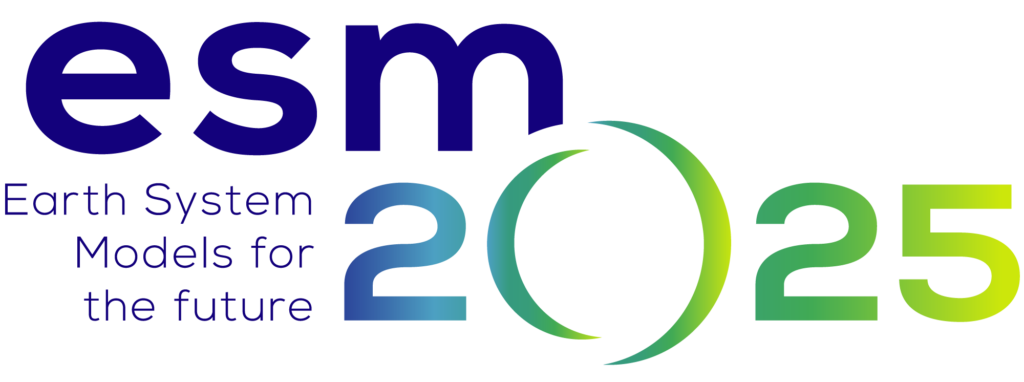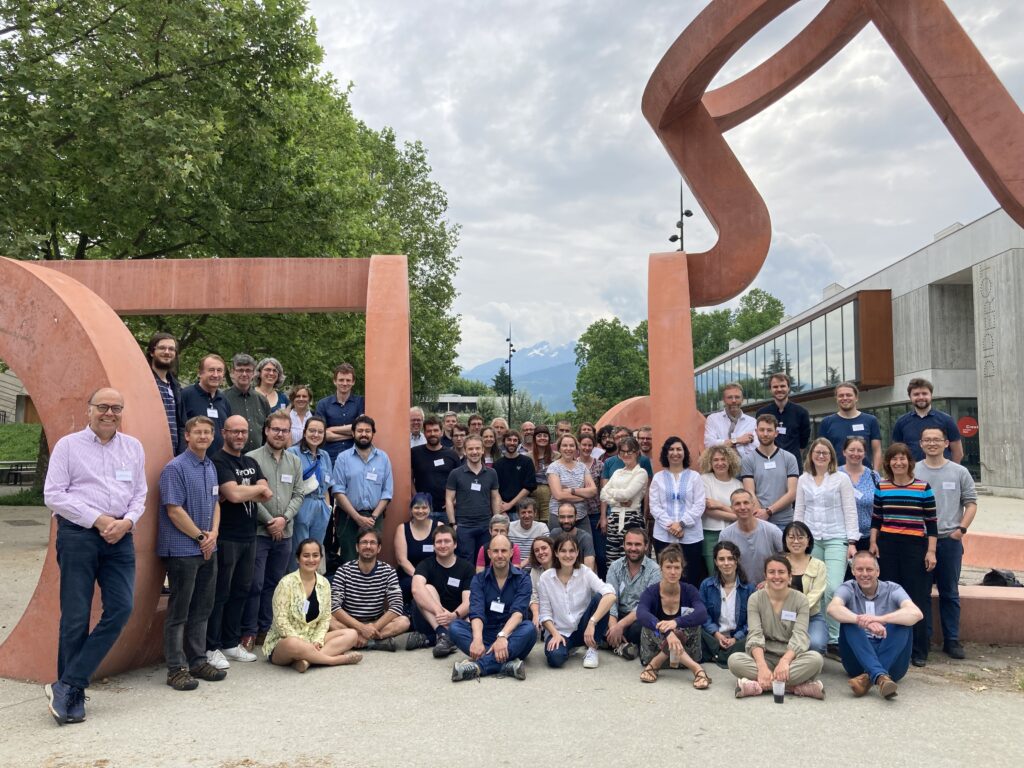
From the 30th of May to the 1st of June 2023, we were over 70 European researchers gathering in the mountainy Grenoble city for the second General Assembly (GA) of ESm2025 project.
Hosted by our partner institution IGE, this GA was the occasion to keep up-to-date with the project progress accross Work Packages, and also to spend some nice moments together. Research advances that were presented are looking good, we held our second stakeholder engagement World-Café event, a career development session dedicated to the Early Career Researchers of the project, and even got to hike up the “Bastille” to reach our Wednesday night restaurant!
Do you want to find out how this GA really looked like?
You can read bellow about the experience of a Political Science student that was with us during these three intensive days.
Our GA through the eyes of a Political Science student
Tuesday, May 30
The second General Assembly of the ESM2025 project began on Tuesday, May 30!
More than 70 European researchers gathered in Grenoble to present the progress of their research work and to discuss together the next steps to be established.
The morning was dedicated to the presentation of work progress in the 4 major work themes – called Core Themes (CT). Afterwards, Marie Dumont, a researcher at Météo France, presented a keynote about the issues related to snow melting and its impact on climate.
In the afternoon, Helene Hewitt presented the results of the latest CMIP modeling exercise (CMIP6), for Coupled Model Intercomparison Project, an essential basis for the IPCC reports, as well as the ongoing reflections to improve the seventh upcoming modeling intercomparison exercise (CMIP7).
Presentations continued on the consideration of human activities in emission scenarios: for example, Ben Sanderson, from CICERO, led discussions on greenhouse gas emission scenarios to consider, and Gabriel Abrahao from PIK presented a reflection on the update of the UN’s Sustainable Development Goals after 2030.
In short, if the morning was quite technical in terms of scientific content, the afternoon was more dedicated to the link with society, both from a social perspective (which socio-economic factors should be included in ESM scenarios? How to respond to challenges related to poverty?) and a political perspective (how to support decision-making in the face of these issues?).
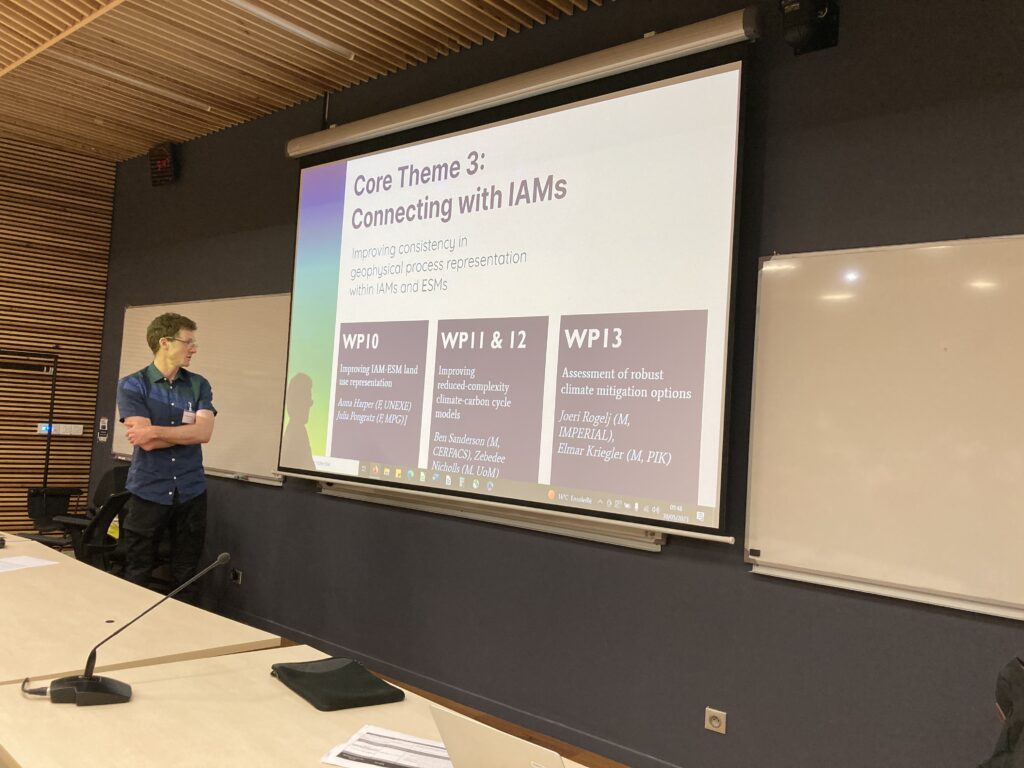
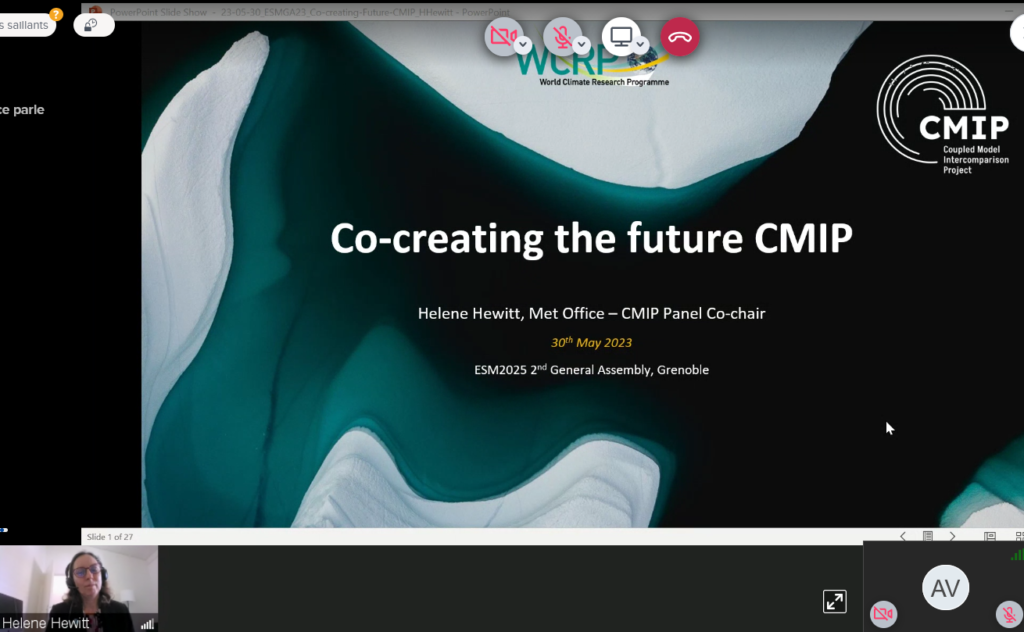
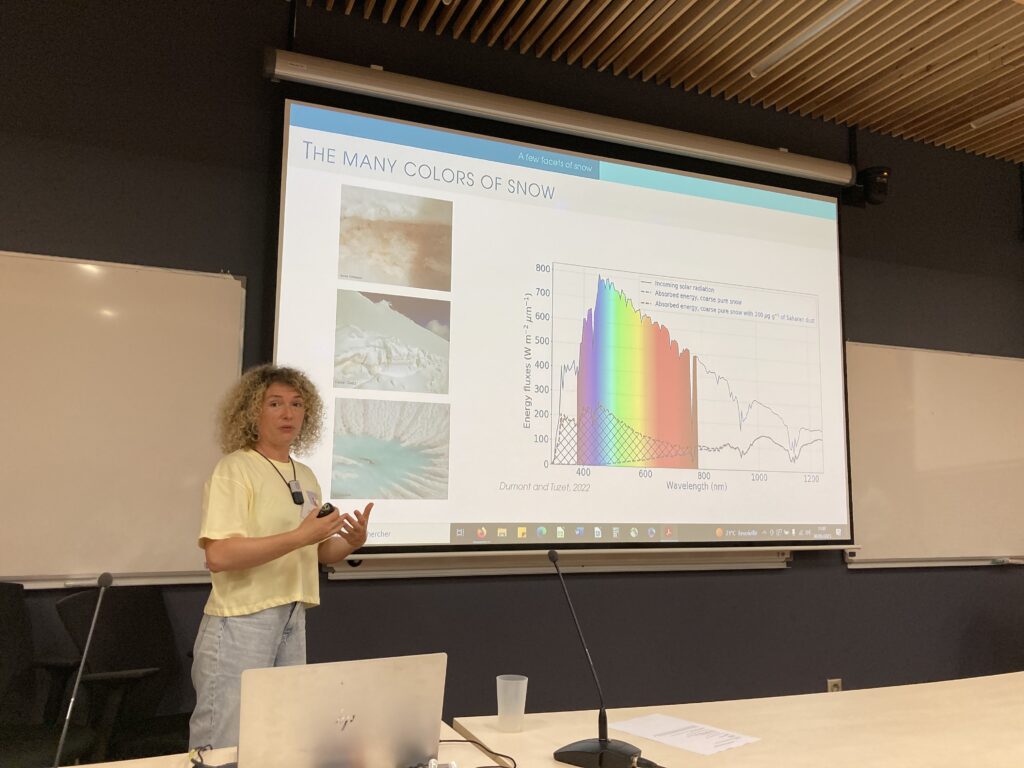
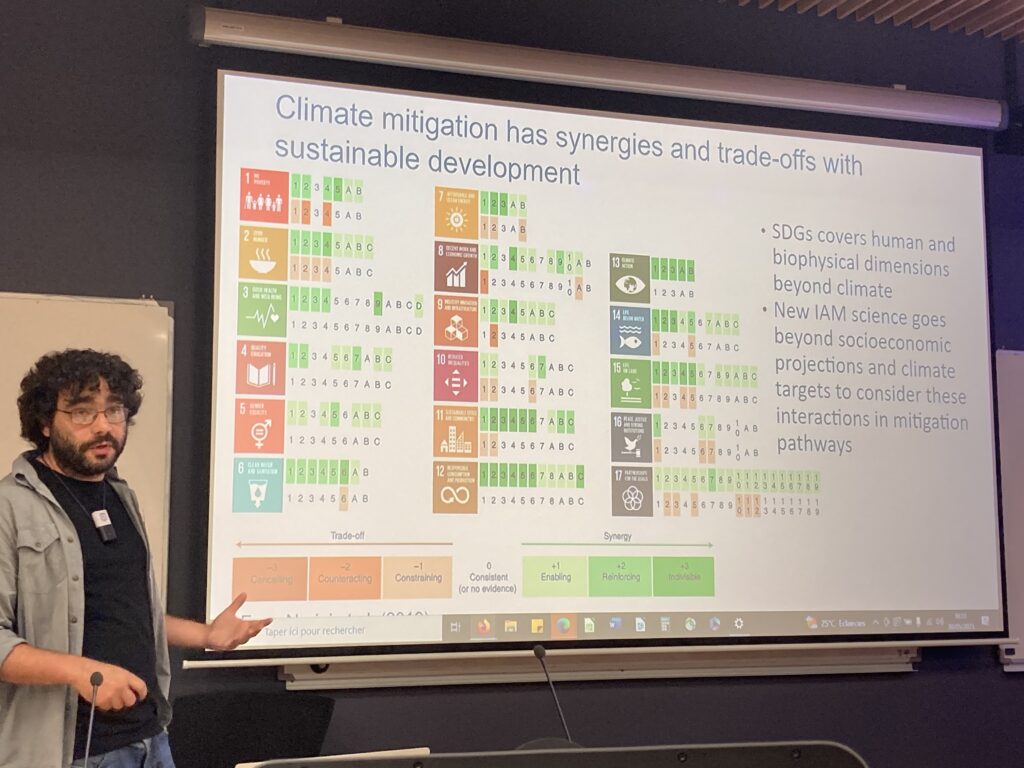
The evening was also dedicated to weaving this link between scientists and stakeholders, thanks to a World Café-style workshop. This workshop was a privileged moment for each party to express their expectations, needs, strengths, and limitations in the face of various climate change challenges. In this respect, the World Café is a rare event in a research project. You will soon find available on our website a detailed News article and a short briefing for both reasearchers and stakeholders, based on the discussions held during this event.
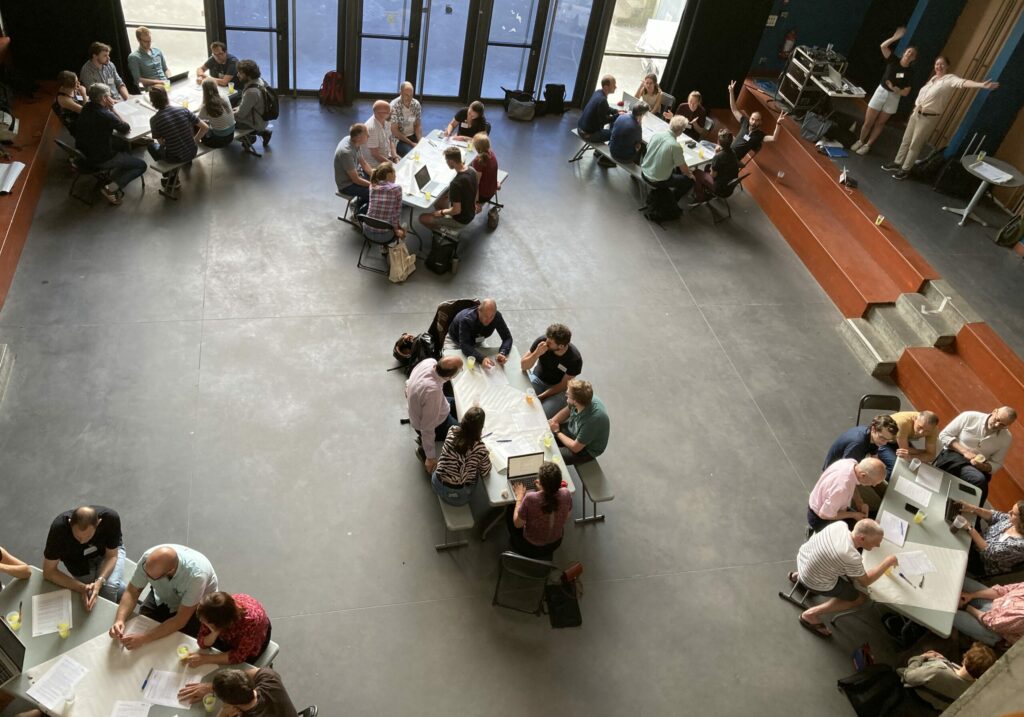
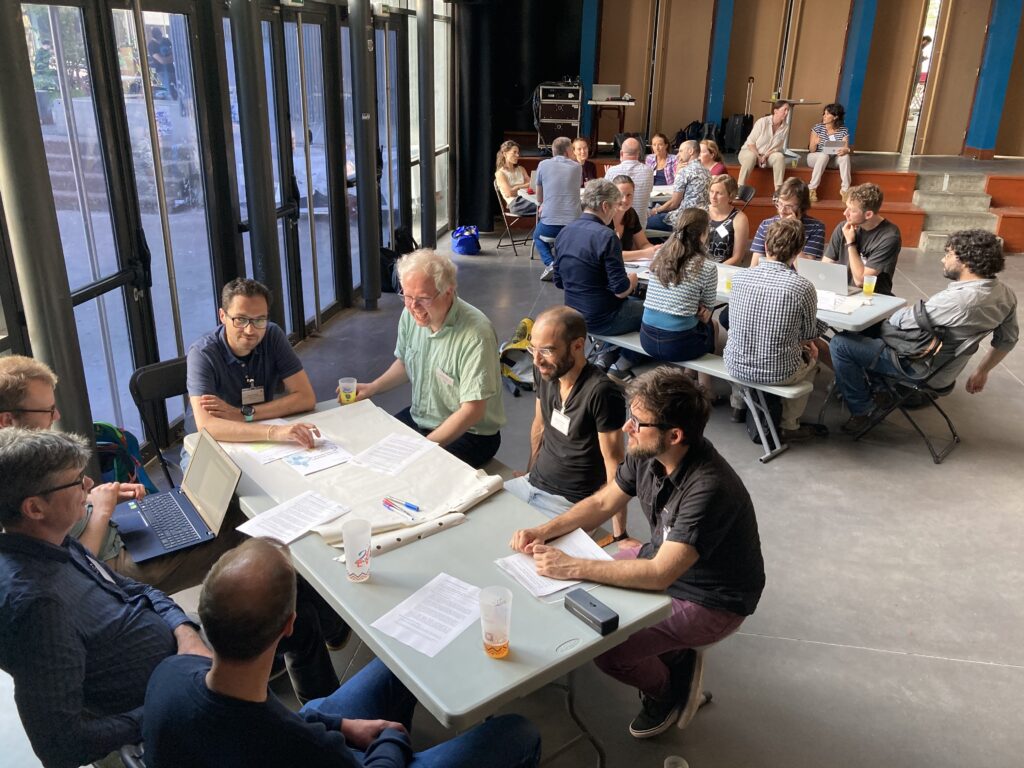
Wednesday, May 31
The GA continued on Wednesday, May 31, with meetings dedicated to the work progress in each Work Package of the project. The discussions revolved around the water and carbon cycle, methane and nitrogen, but also the communication of scientific results to various audiences. As a political and social science student, I focused more on this part of the project, which is more tangible to me. In particular after the previous day’s World Café, participants and organizers highlighted the benefits of exchanging regularly with the broader society and local stakeholders, emphasizing the importance of following up on these meetings.
This GA has also put a focus on the integration of young researchers, and a more convivial moment was planned over a drink for everyone to meet up.
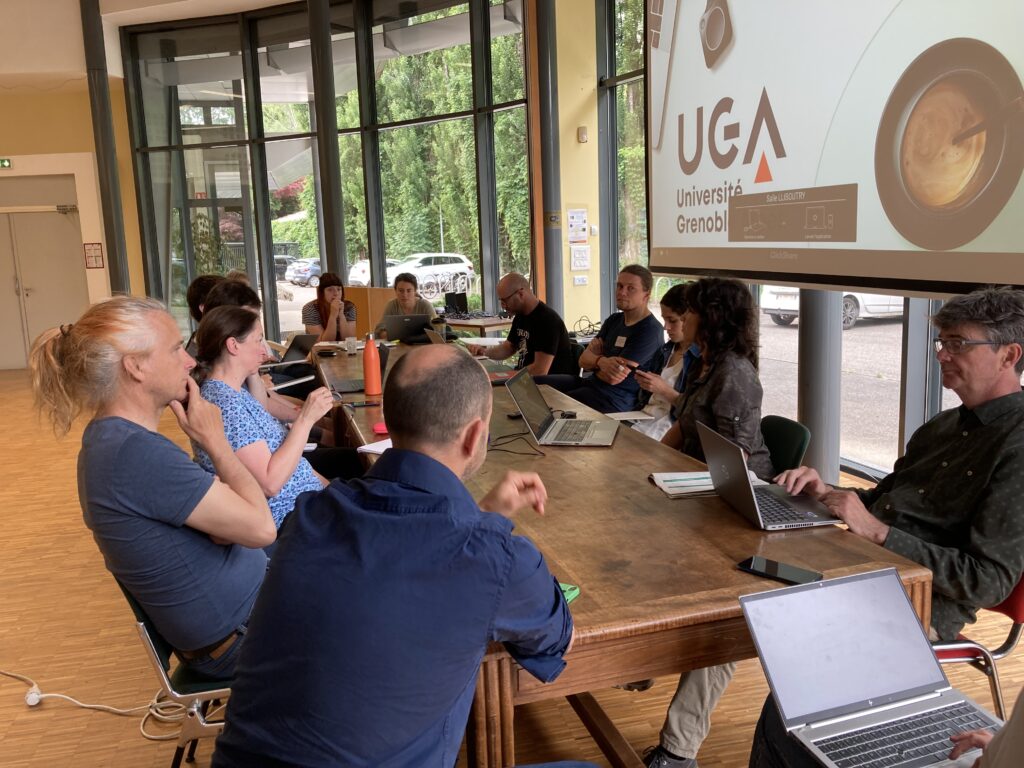
Thursday, June 1
Thursday was the last day of the GA. After a new discussion time by thematic group, researchers gathered in plenary for a Final Wrap-up. Each Work Package summarized the respective discussions, presenting perspectives for future work and opportunities for cross-WP and cross-CT work.
Perspectives are very heterogeneous, but the project is progressing well! For example, WP6/7 has already achieved WP6 objectives and is moving on to WP7 activities.
Time was also dedicated to the exchange between young and senior researchers during a Career Development session, offering them the opportunity to share experiences, advice and discuss career prospects
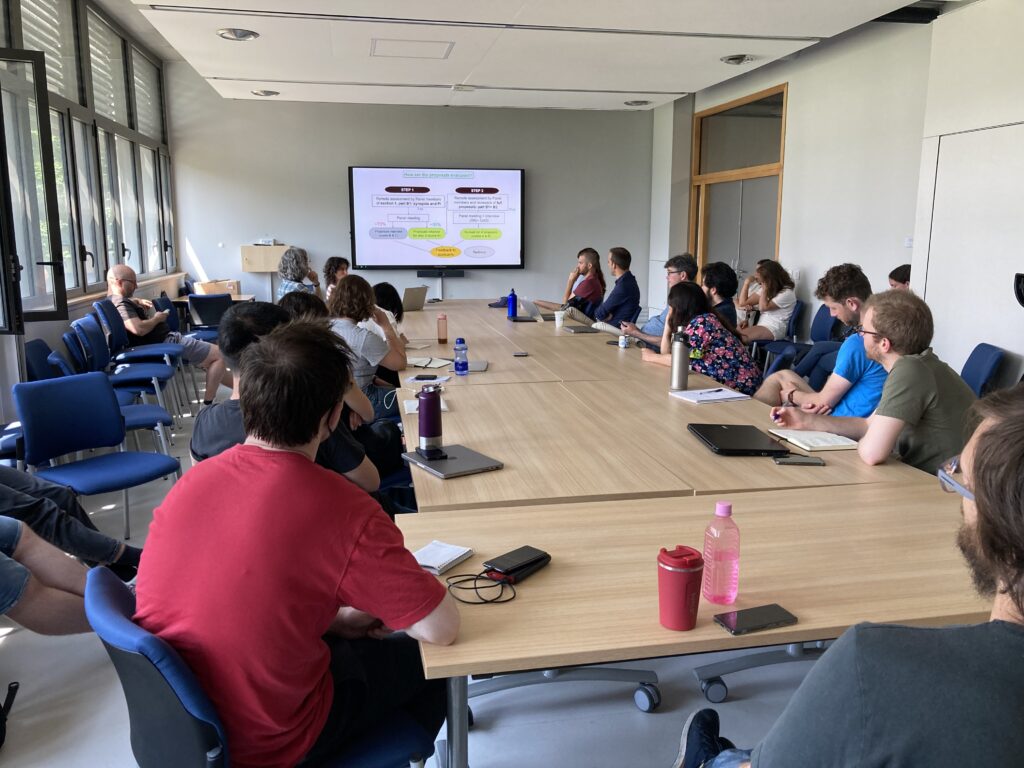
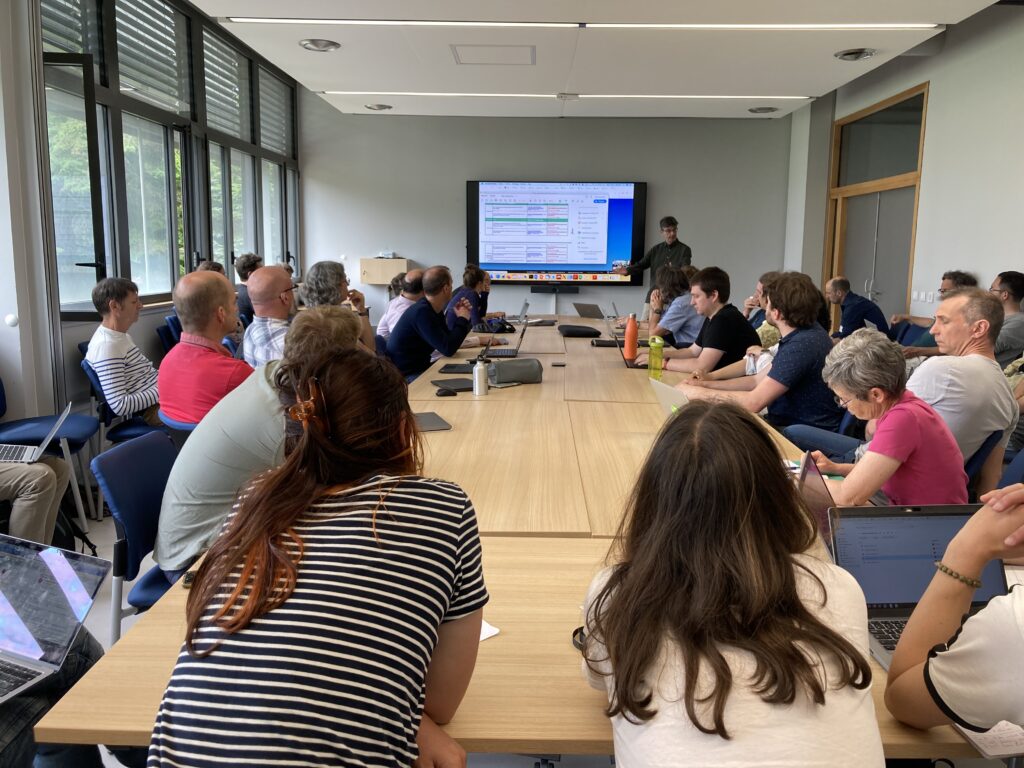
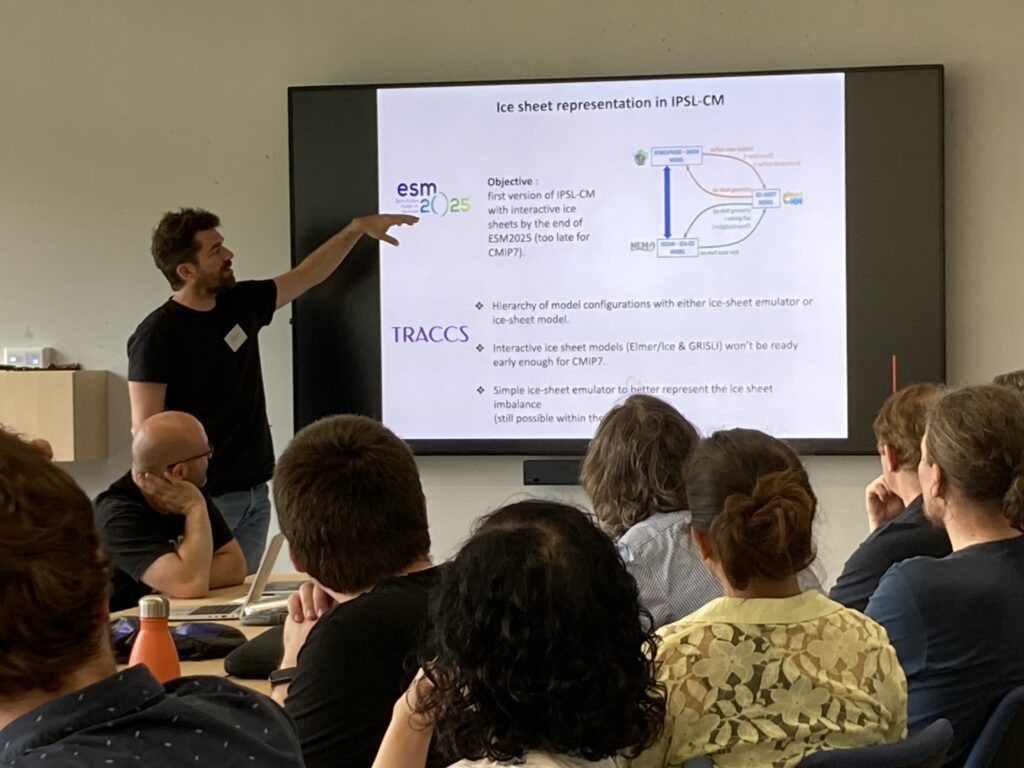
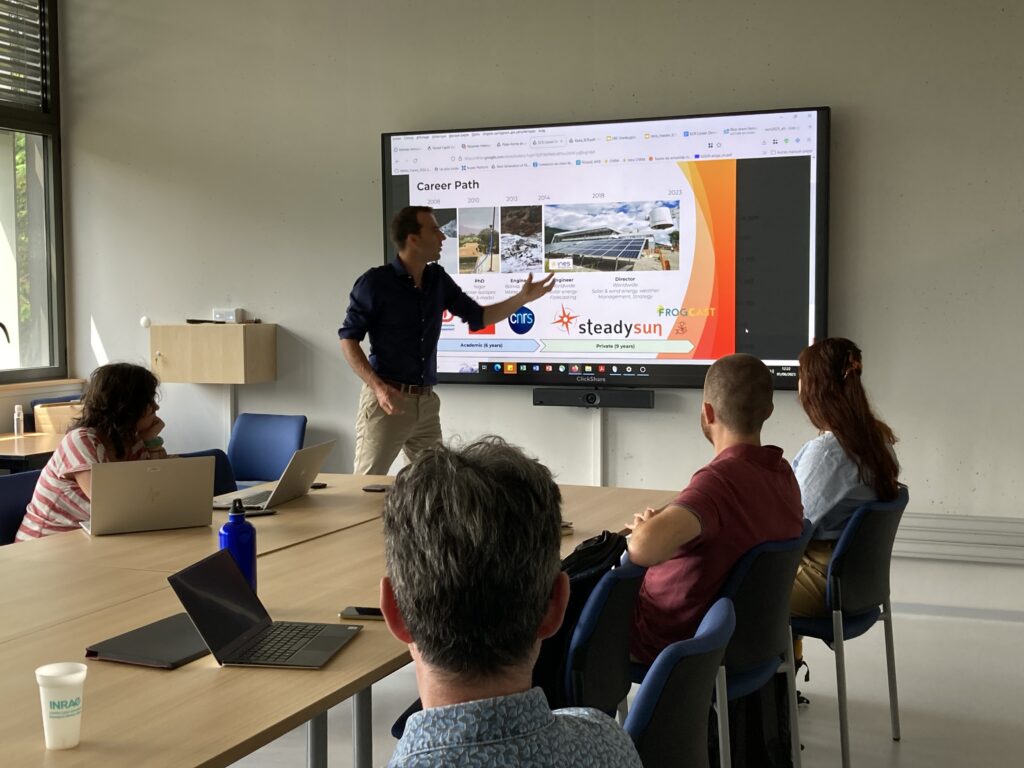
A personal wrap-up
While I do not always had the scientific background to understand the content of the discussions, I found it very interesting to listen to the exchanges that resulted from these meetings. It goes without saying, but from the outside, one can forget that scientists do not know everything about everything! The projects’ General Assemblies are therefore a privileged moment to take stock and share key information on the multiple research topics, their progress, and their objectives.
I have seen the need for communication between project partners, who remain interconnected and complementary. This communication also results in a strong cohesion between researchers, who are happy to meet and break the distance that separates their different research centers, and moreover, in a pleasant and green city like Grenoble!
In conclusion, the ESM2025 project is a scientific challenge as ambitious as it is stimulating, that of updating the models of the Earth system, which promises a bright future!
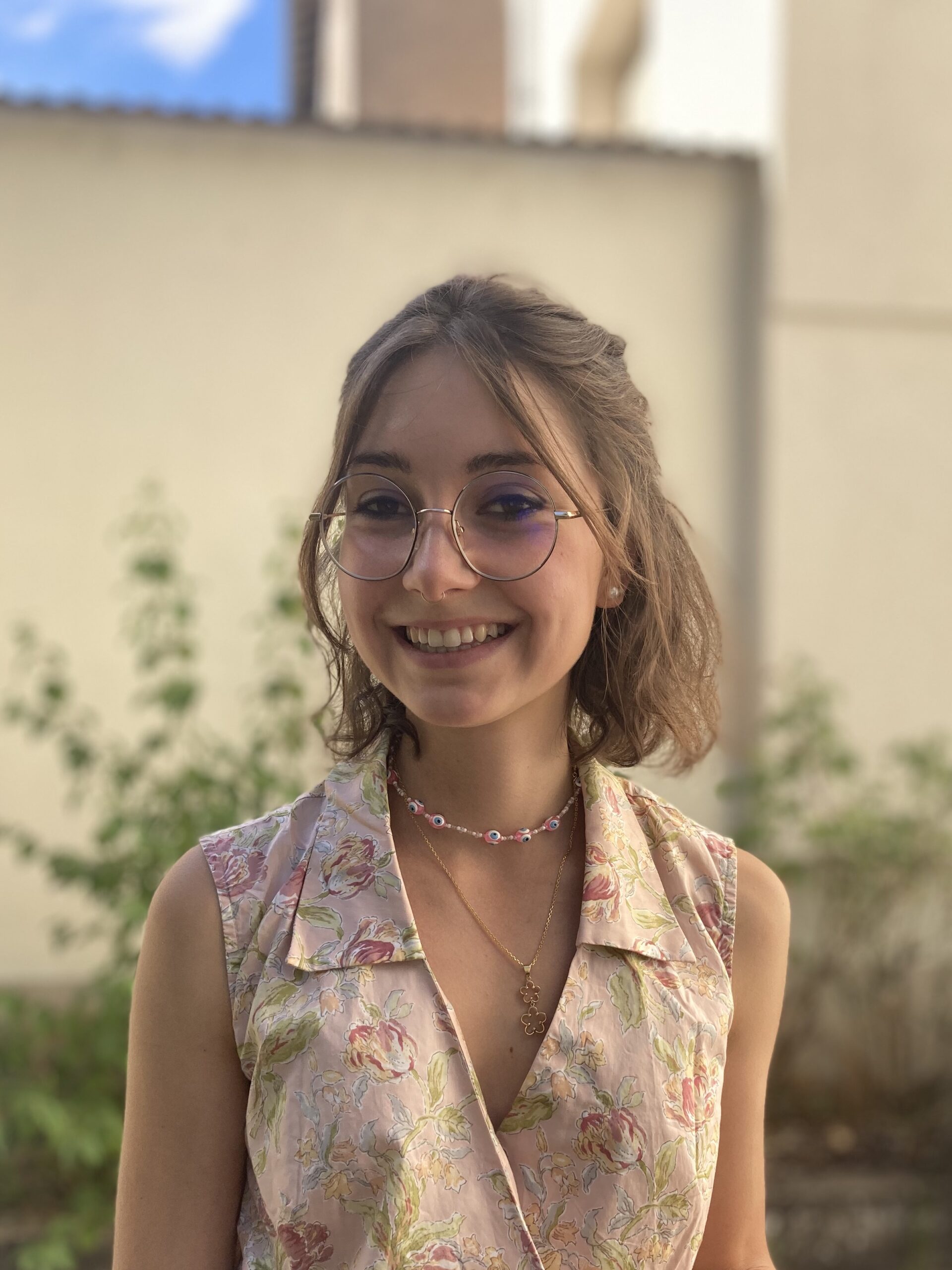
Author
Alice Dubois is a second year Political Science student working with us for a month in the science-society and communication activities of ESM2025 project.
